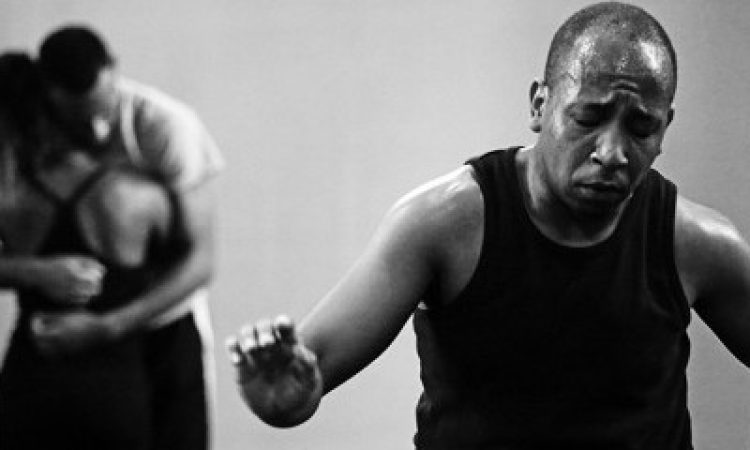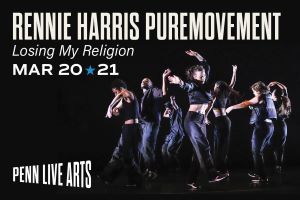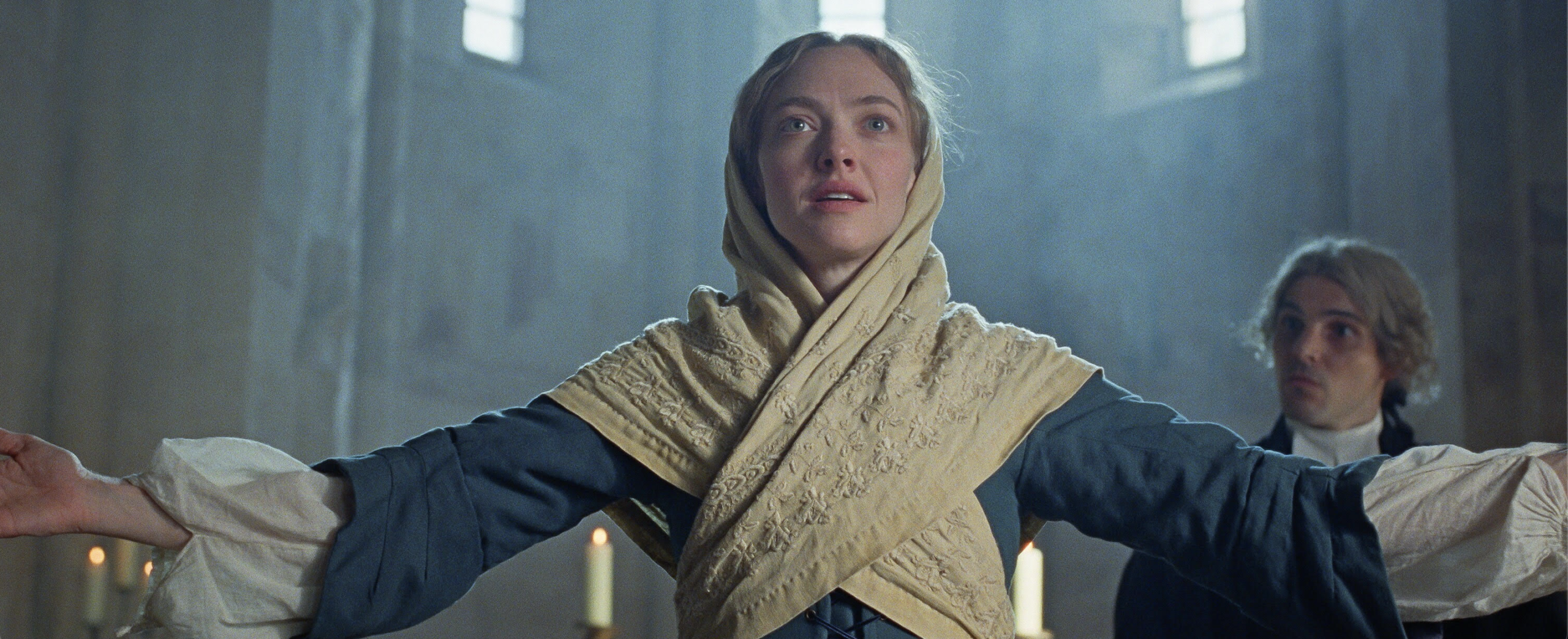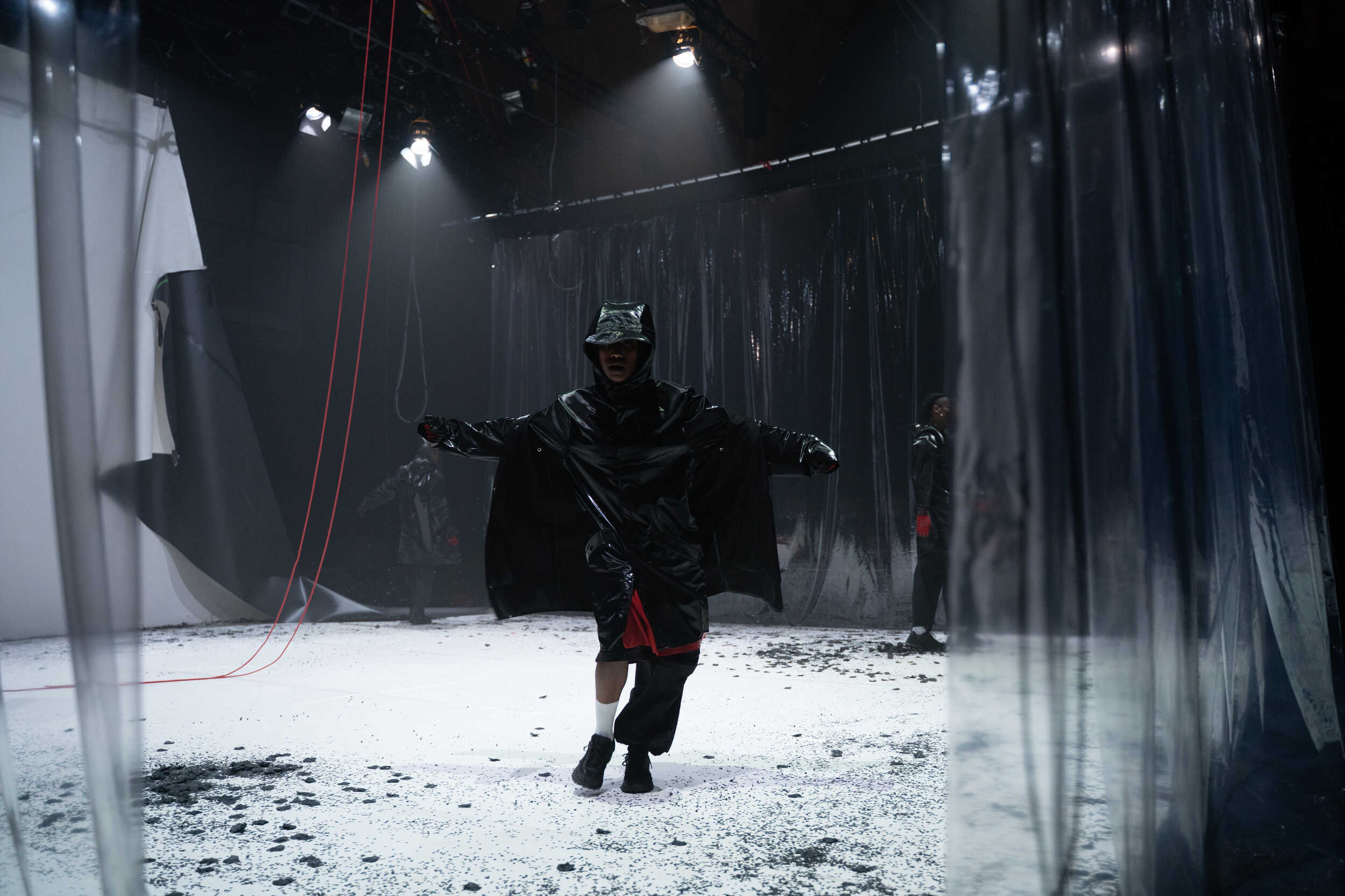Charles O. Anderson: Restless Native Son
by Kariamu Welsh
Kariamu Welsh interviews Charles O. Anderson, once her student and now associate professor at the University of Texas at Austin and artistic director and choreographer for Dance Theater X, Philadelphia and Austin.
Can you talk about the ideas of “native” and “Native Son” in terms of your new work “Restless Natives?”
The title actually comes from my roommate in New York City, Tamieca McCloud, the first African American woman in Pilolobus. She started a collective called Restless Native and that came out of a conversation we had. But Richard Wright and James Baldwin’s treatment of the concept of the native has always resonated with me since I first was exposed to their writing.
I was reading Notes of a Native Son by Baldwin and thinking in terms of some of the ideas in your piece—a funeral wake and mourning. Are you and Baldwin asking if you are loved?
It speaks to the universal human condition, but within the sociohistorical contexts of black people—and particularly where I’m coming from, it becomes this interesting notion of what I mean that inheritance comes to the fore. I was born with a skin color and I’ve been raised with the expectations and the conditions upon which my acceptance or my relevance to my society, my family, my culture are predicated on things like this and other things that happened before I had even gotten to live. And I think about that idea, that I come from something, what that means and the expectations, the hopes and then the subsequent disappointments it creates.
How do you posit this juxtaposition between being a Restless Native and a native son, because you are definitely a native son of America—or are you both?
I’m going to say absolutely! However, to take a small step back in terms of my research around Baldwin, I fixated on a few key quotes from him; they’re not all from the same source so I’m linking them together to create my narrative for what a Restless Native is. In one of the quotes he says, “to be a Negro meant, precisely, that one was never looked at but was simply at the mercy of the reflexes the color of one’s skin caused in other people.” And that sits with me greatly. In another piece of writing he says, “this is the crime of which I accuse my country and my countrymen and for which neither I nor time nor history will ever forgive them, that they have destroyed and are destroying hundreds of thousands of lives and do not know it and do not want to know it,” which leads him in the same essay to write, “It is a terrible, an inexorable, law that one cannot deny the humanity of another without diminishing one’s own: in the face of one’s victim, one sees oneself.” So those three quotes end up creating the intellectual core for how I’m perceiving the Restless Native.
Baldwin says we cannot talk about the African American without talking about the White American because we are all products of that deed done several hundred years ago and neither of us can escape it, as much as we might try.
Which makes the question ironic. Philadelphia-based performance poet Ursula Rucker is composing the performance poetry score for the entire piece, so her voice invokes a lot of these ideas in the space. She acts as the mistress of ceremony in a lot of ways. This is where I think I have evolved in terms of creating dance theatre: the setting is explicit rather than implied in terms of this notion of the juke joint. Ironically, my grandfather used to take me, as a kid, to the juke joint before I knew anything about dance or that I wanted to dance. That and the church, that was my understanding of the body, music moving in time and rhythm—also my way of being, the way I saw people work through their stuff, for lack of better terms.
How do you want audiences to enter the theater mentally and physically when they come to see your work?
I want them to come understanding that performance creates a space for them to ask themselves: who am I when I come here? And I don’t mean in the large existential way, “who am I, where am I,” but rather, where are they and who are they in the moment that they walk into that theater? What are the expectations and cultural baggage they bring with them, as the performance is creating a space for them to unpack that? Go ahead and open up the suitcase. Don’t keep it closed. Let’s pull it on out.
Why do you continue to be a storyteller?
I chose the role of storyteller because it is where I locate my activist artist self, and how I understand the context in which I have to present work. What I mean is that this transaction is designed for me to somehow or another have to relinquish my agency to a passive audience that judges, rejects, does whatever they will with that work. However, the one thing that I can hold onto is the fact that you’re not coming to just see choreography or to see postmodern dance. The work is informed by where I come from and who I am, and while I am not interested in being reductive or only understood as an African American, I do mean that in the sense that it is an essential part of who I am. Therefore, it must stay central in how I approach the work. I’ve become acutely aware, both as a teacher and as an artist, how profoundly limited we are regarding the sophistication of dance in its most ancient concept. Brilliant storytelling may have a narrative but it’s not just about the subject; it’s about the implications and invoking the subject in that time and space. I know I am standing on the shoulders of many ancestors. Thank you for the strong shoulders that you provide and for setting me on this path.
Restless Natives, Charles Anderson/dance theatre x, Oct. 25-26, 2013, at Conwell Dance Theater, Temple University. Click here for tickets.






